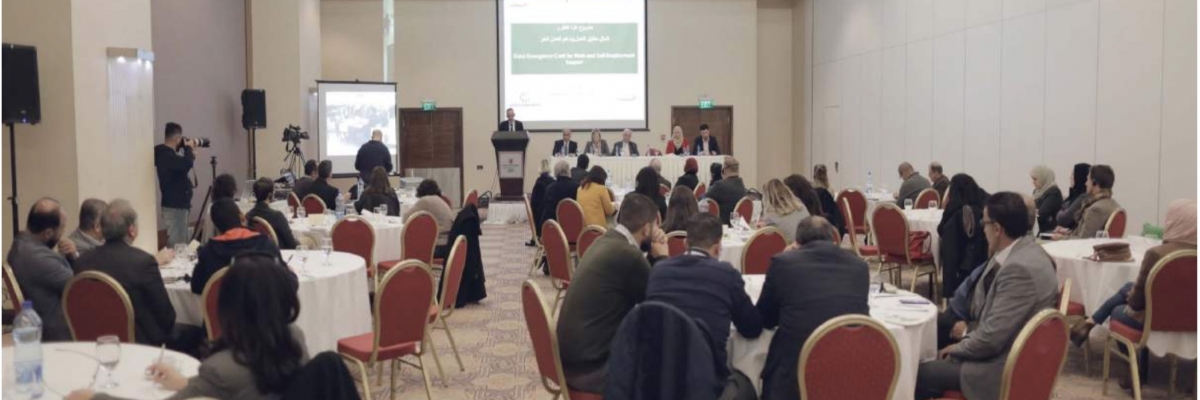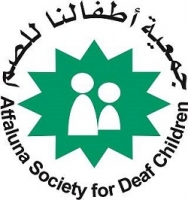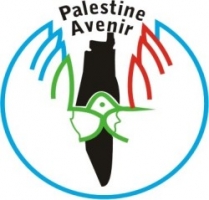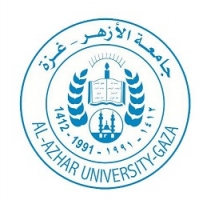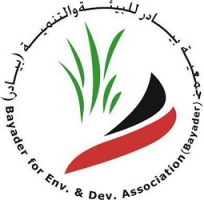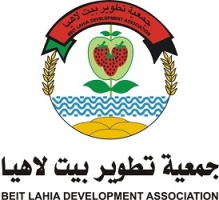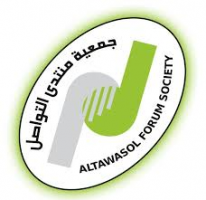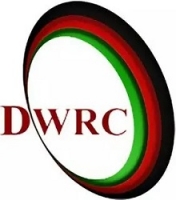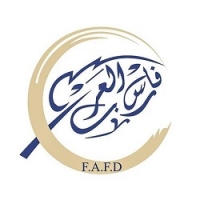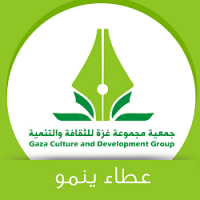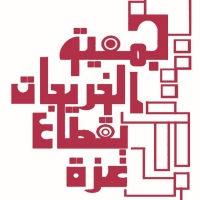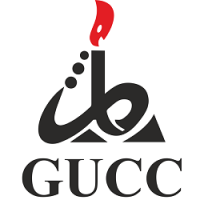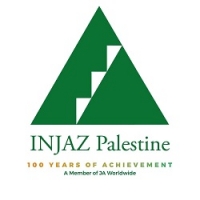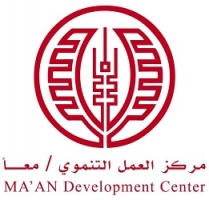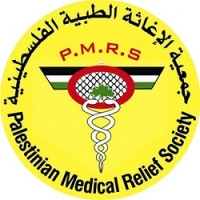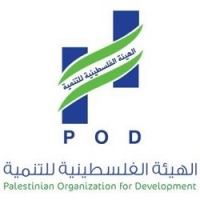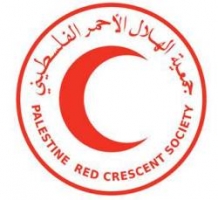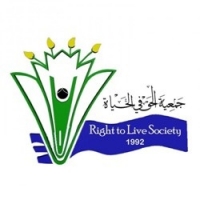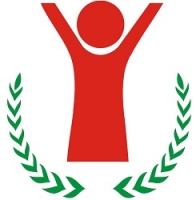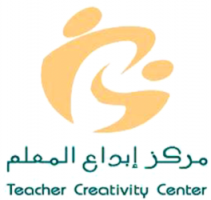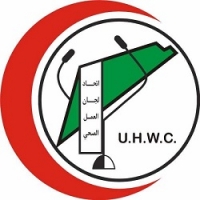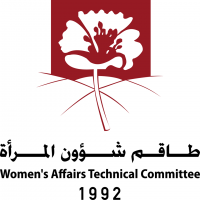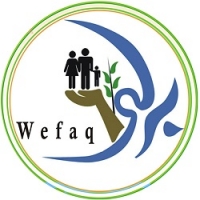The “Gaza Emergency Cash for Work and Self-Employment Support” Project gave a gleam of hope to support youth in Gaza amidst the deteriorating economic conditions and growing rates of unemployment and poverty. This project, funded by the World Bank with a total of USD 17 million, aimed at providing the target youth in Gaza with a short-term income support and increased access to internet-enabled self-employment opportunities.
Project Components:
The project included the following three components:
First Component:
Cash for Work (C4W) (USD 12.5 million)
This component provided Cash for Work sub-grants to selected NGOs to implement Cash for Work sub-projects employing target youth from poor and marginalised communities. NGOs services include social services, such as health, education, support to disabled and elderly persons, and psychosocial support, in addition to support to economic livelihoods, including improvement of agricultural and fishing activities.
The minimum number of target youth employed in each sub-project is 100 young men and women. 5,052 young men and women benefited from this component. Each beneficiary worked for 6 months and received a monthly stipend of USD 380. Additionally, in order to maximise the benefit of the Cash for Work component across the largest number of families, only one member of each family was allowed to benefit from this component.
Second Component:
Internet-enabled Self-Employment (e-work) (USD 3 million)
This component provided internet-enabled self-employment (e-work) support to the target youth. This included complex tasks, such as software development, graphic design, media production, content development, website design, animations, e-marketing and translation, as well as simple tasks.
The support package included two months training to acquire self-employment skills, alongside on-the-job support for an additional 6 months.
The selected organisations chose the target youth who possess the appropriate technical skills and competence for this programme. Moreover, the organisations and proposals were assessed on the basis of the project’s predetermined criteria with special attention to quality and cost.
This support was only given to one young man or woman per family. 1,309 persons benefited from the e-work component.
Third Component:
Project Management, Monitoring and Evaluation (USD 1.5 million)
This component supported the NDC in project management, monitoring and evaluation, financing of office equipment and consultants’ services, including audit, training and additional recruitment. This component also provided technical assistance to the Palestinian Fund for Employment and Social Protection.

